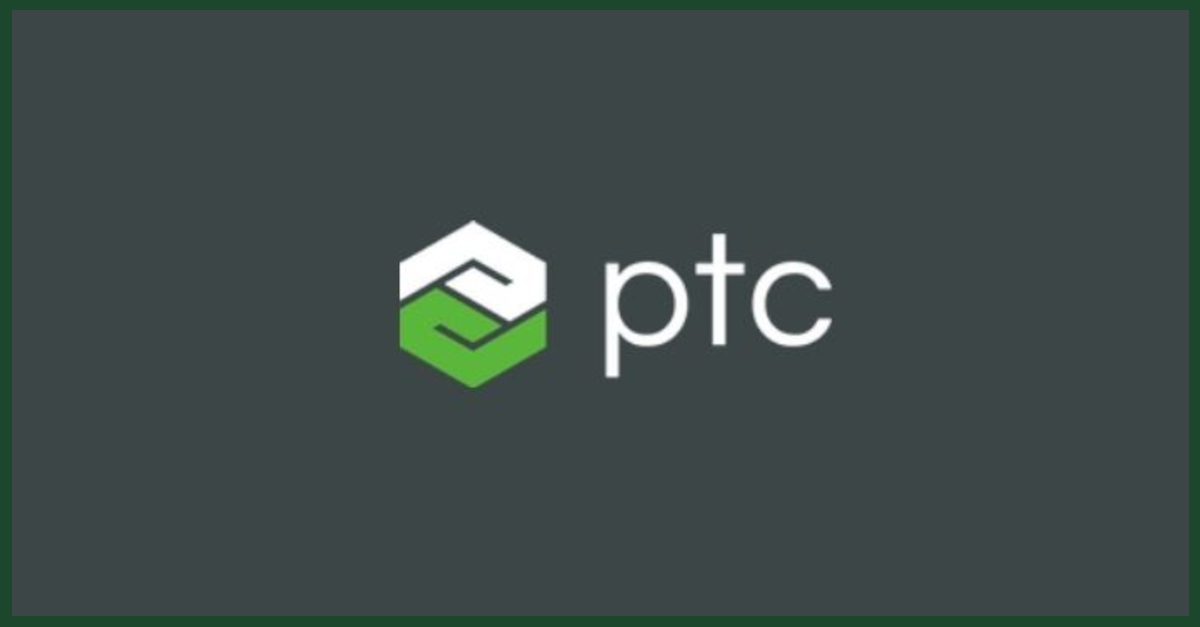You may want to add a new PTC Integrity development and/or test server to your existing PTC Integrity production environment — and rather than have separate license files on each server, you want to access the already plentiful licenses on your PTC Integrity production environment. You may even have a pre-existing enterprise application at your company that uses FLEXnet to distribute licenses. You may decide that you want one central licensing server that will handle all FLEXnet based licenses for your PTC Integrity installation as well as other enterprise applications. Or you could do something silly like I recently did and accidentally tie all your PTC Integrity licenses to the wrong server, but let’s not talk about that.
In any event, you have a collection of licenses on one server, and PTC Integrity to be installed on another server. In this article, I will provide the details of how you can set up a re-director license file on your PTC Integrity server to point to where you have your FLEXnet licenses installed.
A re-director license file resides on your new PTC Integrity server. It is from this file that your PTC Integrity server knows where it needs to look in order to retrieve licenses. The re-director license file exists as a standard license.dat file consisting of three lines:

- The SERVER line of the re-director file consists of the following:
- The hostname where you can find the FLEXnet server.
- The host id, which you can find from the SERVER line of your license file on your FLEXnet server, it will look something like this:
- SERVER <Hostname> <Host ID>
- Port number of 27000, which is the default port FLEXnet listens at
- The VENDOR line tells FLEXnet what type of vendor licenses you are currently looking for.
- The USE_SERVER line is the third and final line of the re-director license.
Once you have created this re-director license, you can go ahead and install PTC Integrity on local server. You will not need to install FLEXnet on this machine, because the re-director license file you’ve just created will tell your PTC Integrity server where it needs to go to look for licenses.
NOTE: If you are attempting to point to a FLEXnet service that is not currently running on a PTC Integrity Server, you may need to add the MKS.exe process to your FLEXnet installation. This executable comes bundled in the Flexnet.zip file contained within your PTC Integrity Server installation software. Simply place it in the install directory for FLEXnet application as you configure FLEXnet on the remote server to hold your licenses.
As you can see, using a re-director license on your PTC Integrity server is relatively simple. By consolidating your licenses in one central location, you can ensure that you get the maximum usage out of all your licenses, rather than having a collection of small license files distributed across various servers that may or may not be used to their fullest potential.
Next Steps:
- Contact SPK and Associates to see how we can help your organization with our ALM, PLM, and Engineering Tools Support services.
- Read our White Papers & Case Studies for examples of how SPK leverages technology to advance engineering and business for our clients.







